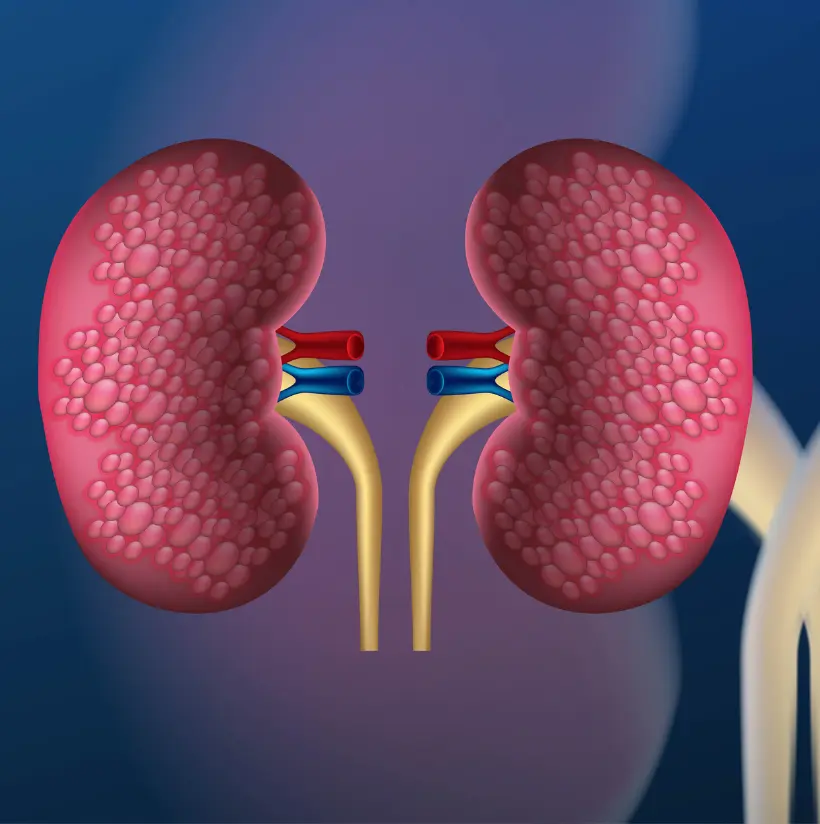
Department of Nephrology (Kidney Care)
Welcome To Gangasheel Hospital
What is Acute Renal Failure?
Acute renal failure is a condition in which a person's kidneys are not functioning as they used to. This usually happens very suddenly over a few hours or up to 2 days. Many people have no symptoms until the disease is advanced.
As a result of acute renal failure (ARF), the kidneys no longer properly filter and process waste products, and a person's urine output is often reduced.
People often develop ARF when they have another serious illness, such as pneumonia or sepsis.
As a result, symptoms of AKI may not be immediately noticed.
Some symptoms that cause ARF are:-
- Very dark urine
- Confusion
- Decreased urine output
- Itchy skin or rash due to accumulation of waste
- Tightness or pain in the chest
- Shortness of breath
- Swelling of the legs
- Unexplained nausea
- Some people may experience serious side effects such as seizures and loss of consciousness.
- People who are sick and being treated in hospital are particularly at risk of ARF. This is especially true for those in the intensive care unit (ICU).
- Studies estimate that up to 7% of all hospitalized patients and 66% of patients in the intensive care unit he has ARF.
- The doctor also uses three categories he uses to classify the causes of ARF. Examples of these causes include low blood pressure, excessive blood loss, and dehydration.
- Postrenal: -
Something is blocking the ureter where urine drains from the kidney, affecting the function of the organ. Underlying causes include kidney stones, cancer, and an enlarged prostate in men. - Endogenous Kidney: -
Either a medical condition has damaged the kidney, or something inside is not working as it used to. Common causes include kidney infections, blood clots in the kidneys, or other conditions. Taking drugs known to damage the kidneys can also be a cause. - Drugs that can damage the kidneys include: -
This means that treatment can be recommended to prevent acute conditions from developing into chronic renal failure.
ARF is not always preventable. However, there are some steps a person can take to minimize the risk.
These steps include:-
If you are diabetic, eat a healthy diet to keep your blood sugar on target.
Maintain healthy blood pressure with diet, exercise, and medication as needed.
Avoid overuse of kidney-filtering drugs, especially ibuprofen and aspirin. Too much of these drugs can damage the kidneys.
- Treatment for ARF depends on the cause of the condition. Because ARF can have many causes, there are many treatments.
For example, if you have lost a lot of blood due to injury or illness, your doctor can give you blood products and fluids to restore your blood volume. - Doctors also limit the use of drugs known to be harmful to the kidneys. B. Contrast agents and antibiotics.
- Doctors may prescribe antibiotics if a person has an active bacterial infection.
- People with very low blood pressure may need special medications to maintain their blood pressure. Doctors usually give these drugs intravenously.
- People with severely impaired kidney function may require dialysis.
- Dialysis is when a machine acts as an artificial kidney, filtering the blood to remove waste products and fluids, until kidney function improves.
